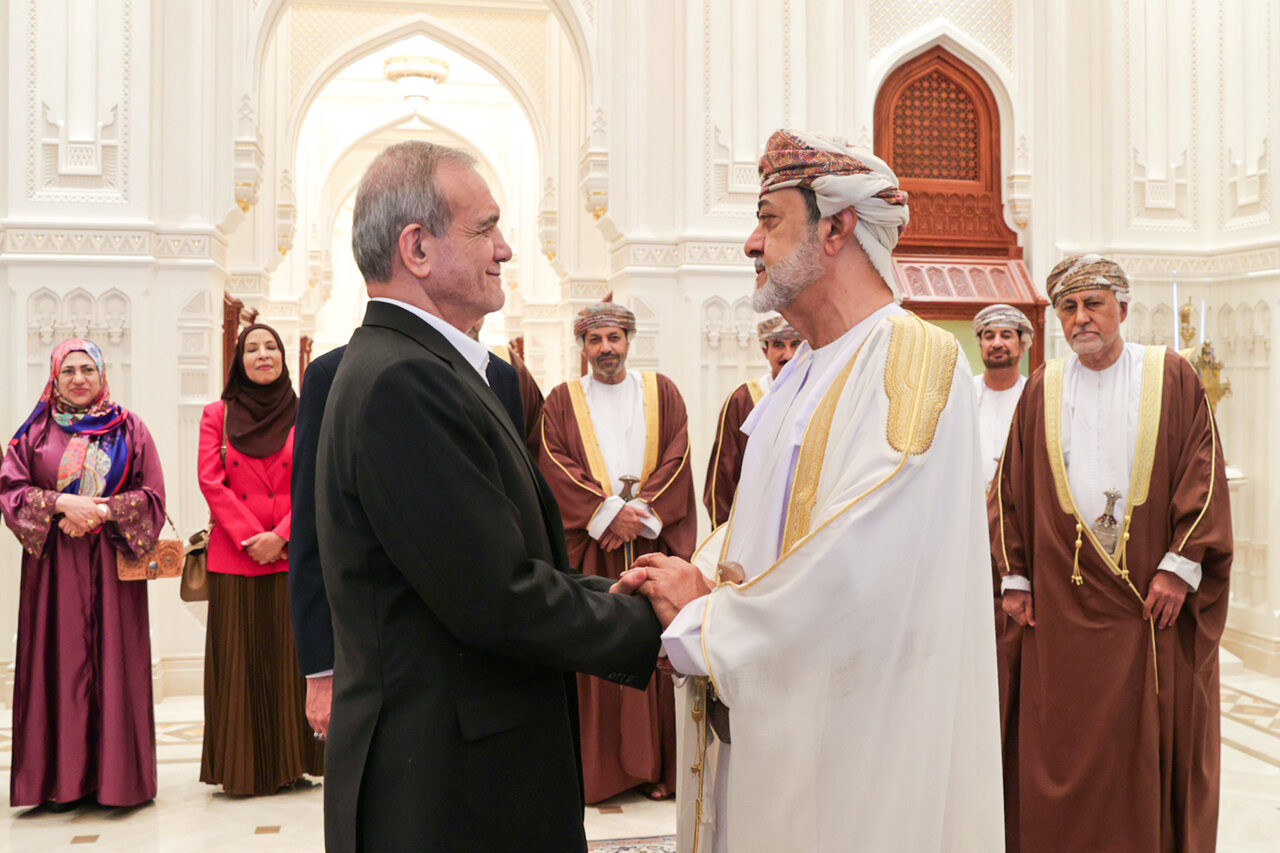Oman and Iran can now be considered strategic partners

TEHRAN – Five Iranian presidents have made six visits to Oman over approximately 20 years, while Omani sultans have visited Iran three times. Of course, Iran-Oman relations have historical roots, but the relationship between the Islamic Republic of Iran and the Sultanate of Oman gained momentum in the early 1980s, progressing steadily toward strengthening ties.
Various global, regional, and domestic upheavals have not disrupted this trajectory to the extent that today, the two countries can be considered strategic partners.
The close political cooperation between Iran and Oman is no secret these days. However, this appears to be just the tip of the iceberg, as there are likely collaborations that remain undisclosed—such as the two major shocks dealt to Netanyahu during Iran’s secret negotiations with the U.S. and Yemen’s talks with the U.S. This demonstrates that Oman could, at any moment, advance a political project for Iran on a global or regional scale, one that even foreign intelligence services might be unaware of.
In the Arabian Peninsula, Oman—due to structural factors such as religious isolation, geography, and civilizational aspirations—seeks a partner, even an ally, beyond the region. Similarly, Iran looks for a reliable and steadfast companion in that area. Both countries, recognizing these points and guided by their respective foreign policy doctrines, have gradually moved from initially lukewarm relations toward strategic cooperation over the past four decades.
Today, the Islamic Republic of Iran and Oman are aligned on fundamental policies such as preventing Israeli influence in the region, resisting schemes to partition West Asia, countering extremism, fostering endogenous regional security, promoting peace and stability, advocating coexistence, and respecting the sovereignty of states. Relying on these principles, Iran and Oman have collaborated extensively in the region, whether in Yemen, supporting Palestine, countering Israel’s influence in various cases, preventing regional tensions, and opposing unilateral interventions by Western powers.
In this context, other sectors—military, economic, and social—have also seen growing progress, though their level of engagement does not yet match that of political relations. While high-level military agreements have been signed and joint exercises conducted, this cooperation must evolve to leverage both sides' technological capabilities, particularly in Iranian arms exports and shared expertise in countering Israeli influence, a critical need for both nations.
On the economic front, despite significant growth over the past decade, Oman is not among Iran’s top five trade and economic partners, nor does Iran hold such a position for Oman. This sector, despite the attention of both countries' leaders, still lags behind political ties. Strengthening economic relations would solidify Iran-Oman relations further.
In the realm of public diplomacy, decisions and actions must be taken to bring these two Muslim, anti-Zionist, and resilient nations closer together. Today, the people of Iran and the people of Oman are united like never before, particularly in condemning Israel and standing firm in resistance against it.
Leave a Comment